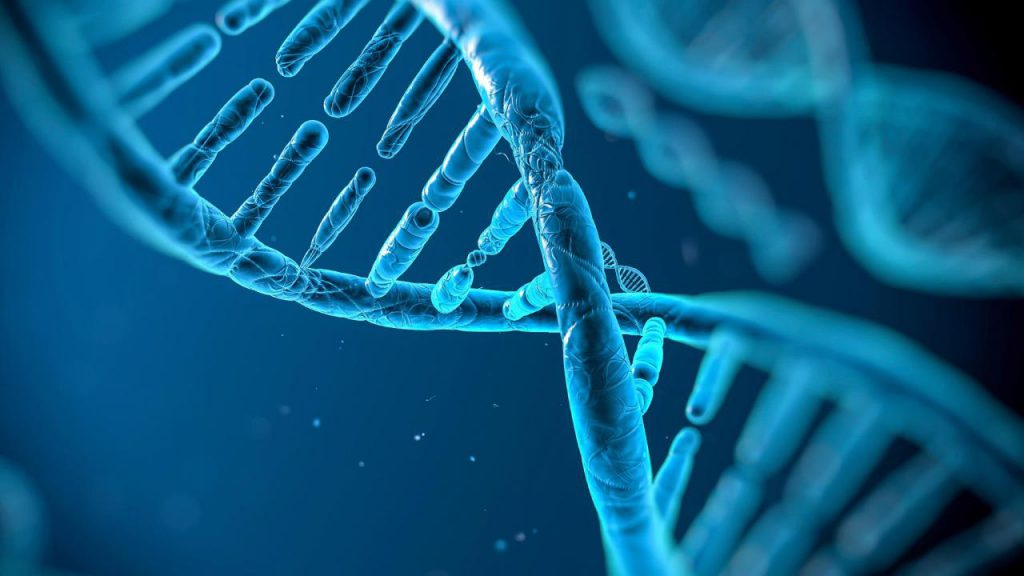What Is PCOD?
The polycystic ovarian disease is also known as Polycystic ovarian syndrome is a hormonal disorder that affects women in their reproductive age. It affects their ovaries and ovulation resulting in cysts in the ovaries, high levels of male hormones, irregular or skipped periods. It is a common health condition that affects teens and young women. It is seen in 1 out of 10 women in their childbearing age. This hormone imbalance brings complications in getting pregnant. Many women have PCOD but they don’t recognize it.
Symptoms of PCOD
- Irregular Periods- PCOD leads to an irregular menstrual cycle because lack of ovulation prevents the uterine lining from shedding every month. Some women with PCOD get fewer than nine periods a year or none at all. This irregularity may indicate that you have PCOD.
- Heavy Bleeding- Due to PCOD, the uterine lining builds up for a longer period of time, so you can get heavier periods than normal.
- Headache – Due to these Hormonal changes women can get severe headaches.
- Hair growth- PCOD leads to extra hair growth on women’s face and body; on their back, belly, and chest. Excess hair growth is called hirsutism.
- Acne- High level of male hormones makes the skin more oily than usual leading to acne on areas like the face, chest, and upper back.
- Weight gain- Due to PCOD women gain weight and are unable to reduce it and suffer from obesity.
- Hair thinning- Hair thinning on the scalp and even baldness is a symptom of PCOD.
- Darkening of the skin- PCOD can lead to dark patches on the skin which can form in body creases like those on the neck, the groin, and under the breasts.

How PCOD Effects the body?
Depression
These hormonal changes and symptoms like unwanted hair growth, hair thinning, and being overweight can negatively affect women’s emotions and they suffer from depression.
Endometrial Cancer
During ovulation, the uterine lining sheds. And in the case of PCOD due to irregularity in periods, the uterine lining can build up. A thickened uterine lining can increase your risk for endometrial cancer.
Infertility
PCOD interferes with normal ovulation. When your ovaries do not release an egg, you can’t conceive. PCOD brings complications in getting pregnant. Infertility affects up to 80% of women with PCOD. It increases the chances of miscarriage or premature birth. But don’t worry there are treatments including lifestyle changes, ovulation-inducing medications, surgery, and other fertility treatments for women with PCOD to get pregnant.
Causes of PCOD
Excess Insulin
If your cells become resistant to insulin, then your blood sugar levels can rise and your body might produce more insulin. Excess insulin might increase androgen production, which can cause difficulty with ovulation.
"There's Always A Scope Of Improvement"
Genes
PCOD can be caused due to heredity. Not just one but many genes may contribute to this condition.
Low-Grade Inflammation
This refers to white blood cell production to fight infection. Research has shown that women with PCOD have a type of low-grade inflammation that stimulates polycystic ovaries to produce androgens, which can lead to heart and blood vessel problems.

Treatment of PCOD
Birth Control
Taking birth control pills daily can restore a normal hormone balance, regulate ovulation, relieve symptoms like excess hair growth, protect against endometrial cancer.
Metformin
Metformin is a drug used to treat type 2 diabetes. It also treats PCOS by improving insulin levels.
Clomiphene
Clomiphene (Clomid) is a fertility drug that can help women with PCOD to get pregnant. One also should know that clomiphene increases the chances for twins and multiple births.
Surgery
If other treatments don’t work then surgery can be an option to improve fertility. Ovarian drilling is a procedure that makes tiny holes in the ovary with a laser or thin heated needle to restore normal ovulation.

Foods to Avoid in PCOD
- Sugar- In PCOD there is a high risk of getting Diabetes so avoid intake of sugar.
- Gluten-Free Foods- If you have PCOD then you should definitely limit your gluten consumption and if possible switch to a gluten-free diet.
- Red Meat- Red meat such as mutton, beef, pork, etc contains saturated fat and cholesterol which can lead to weight gain, increases the risk of cardiovascular diseases, and can contribute to more hormonal imbalance.
- Processed Junk- These foods are filled with unhealthy ingredients, trans fats, and artificial sweeteners which contribute to increasing bad cholesterol and imbalance the blood pressure of the body. It can also trigger diabetes.
- Dairy Foods- Dairy foods are not strictly prohibited for women with PCOD. You can consume milk and products within a limit. Excess consumption of dairy can lead to an increase in blood glucose level and also stimulate insulin growth factors.
- Fried Food- Fried foods are rich in saturated or hydrogenated fats These unhealthy fats can increase estrogen production, which can make your PCOD symptoms worse.






